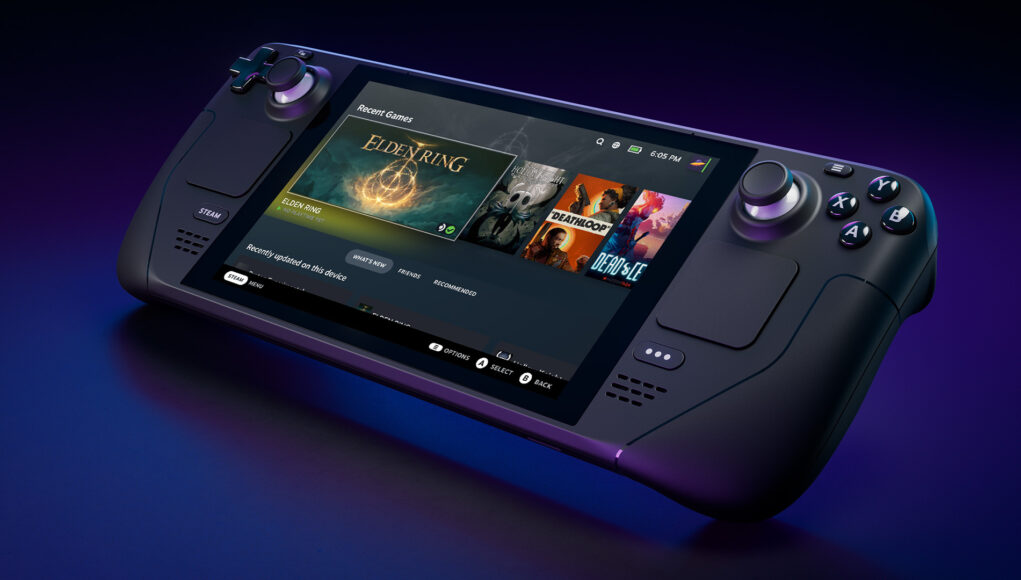Valve may be planning a significant upgrade for the Steam Deck, according to a recent patent filing that hints at enhanced streaming technology and potential VR integration. The Steam Deck, launched in February 2022, is a handheld gaming system that functions as a portable PC, allowing users to play their Steam library on the go. With its popularity among gamers seeking portable access to their games, the Steam Deck is available in three main models: a 256 GB LCD, 512 GB OLED, and 1 TB OLED.
While the Steam Deck offers impressive on-the-go gaming, it must balance performance with battery life. Gamers can mitigate this by streaming games from their desktop PCs to the Steam Deck, but latency remains a challenge, as seen with applications like Moonlight. Valve’s new patent suggests they are working on a solution to this issue, focusing on low-latency, high-fidelity wireless streaming.
The patent, titled “dual detail encoding in a distributed system, It describes a system that enables low-latency, high-quality image transmission from a host computer to another device, such as a handheld system or a head-mounted device. This could mean a significant upgrade for the Steam Deck’s streaming capabilities and the introduction of a VR option.
Valve has previously mentioned the possibility of a standalone Steam Deck VR headset, noting that the device’s custom AMD APU would be well-suited for VR applications. Valve’s experience in VR technology, exemplified by the Valve Index wired headset, further supports the idea that this patent could lead to a major upgrade for both the Steam Deck and a new iteration of the Valve Index.
While seamless latency and wireless streaming would certainly enhance the Steam Deck experience, the potential for this technology to be applied to a standalone VR headset seems equally likely. However, with the patent recently submitted, it may be some time before Valve reveals how this technology will be used. For now, gamers will need to stay tuned for further updates from Valve.










